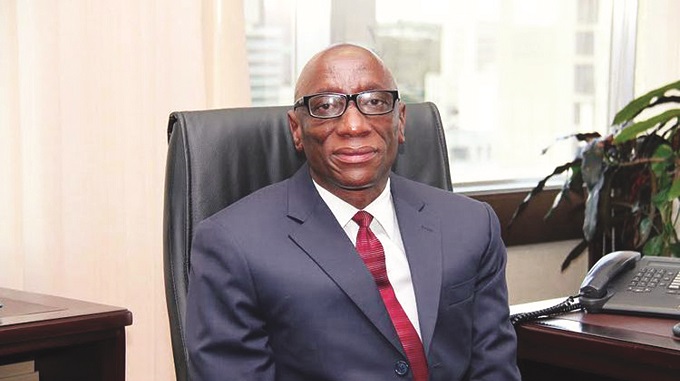Diaper plant launch hits snag

Oliver Kazunga, Acting Business Editor
BULAWAYO’s first diaper manufacturing project, which is being developed at a cost of more than $2 million, is failing to take off due to foreign currency shortages to import critical raw materials.
In an interview last week, Masters Diapers Zimbabwe director Mr Nigam Desai said their investor, a Mauritian company which was registered in South Africa, has indicated that they will pull out of the project by the end of March if they fail to access the required foreign currency allocation from the Reserve Bank of Zimbabwe.
“We have made several contact attempts through our banks directly with the Reserve Bank and we even had a visit by the Governor of the Reserve Bank who had assured us that funds would be put in place. This was in November and until now they are telling us that they’re attending to the matter, so we have not had any positive feedback,” he said.
Mr Desai would not be drawn into disclosing how much they had applied for from the Central Bank citing professional reasons.
“It’s now going to be six months with our machines sitting idle, we are not generating any income, our staff are sitting, we have our overheads that are accumulating on a monthly basis.
“This game of waiting is now coming to a point where our investors in December asked for an update and resolved that if nothing changes by the 30th of March, they would then pull out of Zimbabwe because it would be about nine months from the time the machines came in up to March,” he said.
The raw materials that include glue, palp and tapes would be imported from around the world from countries such as China, America, India and Singapore.
Mr Desai said it takes three months for the raw materials to land in the country and even if the required forex allocation was advanced this month, the consignment would arrive in April before production at the factory begins.
The project was earmarked to begin between November and December last year.
“So, we are actually trying to engage all the departments in the Ministry of Industry where we have spoken to Honourable Modi (Deputy Minister).
“We have also spoken to banks and sent letters to the Reserve Bank and we are trying to engage with every sector to say that guys our investors have come in.
“They did not wait for the situation (economic) to improve in Zimbabwe, they heeded Government’s call that the country is open for business,” he said.
Mr Desai challenged responsible authorities to play their part in fostering foreign direct investment into the country.
Once it starts producing, Masters Diapers Zimbabwe intends to export 60 to 70 percent of its product to countries like Zambia, Malawi, Mozambique and the Democratic Republic of Congo.
He said his organisation has requested ZimTrade, the country’s national export development and trade promotion agency, to do a market research for the foreign market with indications of a readily available market.
In anticipation that production at the Bulawayo factory would begin as planned, the manufacturing firm had sent some of its staff to South Africa for training and they have been there for five months.
“We can’t send them back for training because we can’t access foreign currency from the banks.”
Directly and indirectly the company was looking at employing 30 to 40 people on a single shift.
Mr Desai said they were also facing challenges in getting raw materials coming duty free on account of the intent to export.
“We have put in our application through our association (Zitma), they have made a presentation to the Ministry of Finance and Economic Development to get us onto the rebate.
“Our application has been in there for five months now and Zimra have come and done the ground work but we’re not getting any positive feedback.
“It seems where the Government is saying ‘we are open for business’ within the system everything is taking so long. Are we “Zimbabwe” really open for business? It’s the question investors are asking,” he said.












Comments